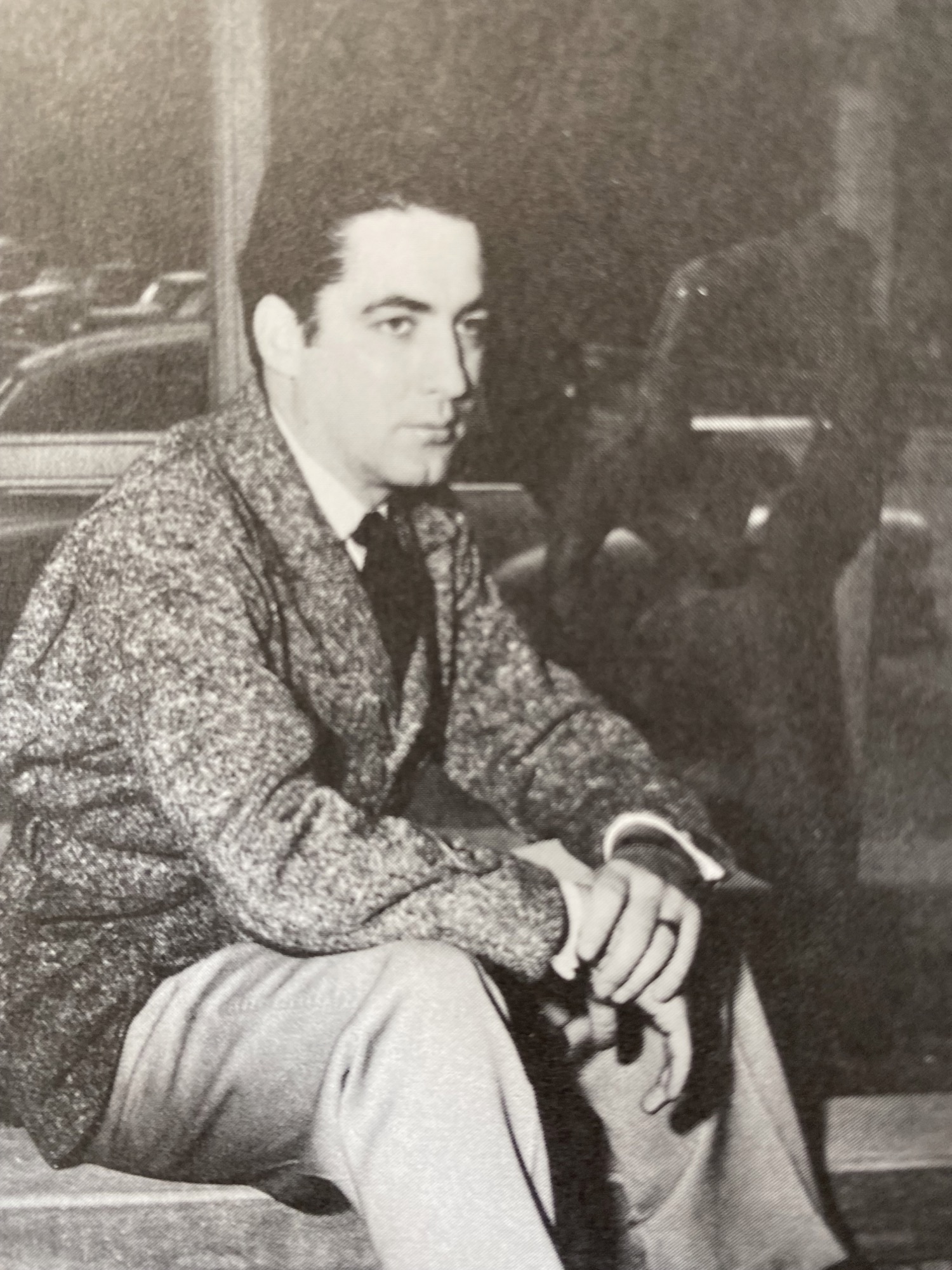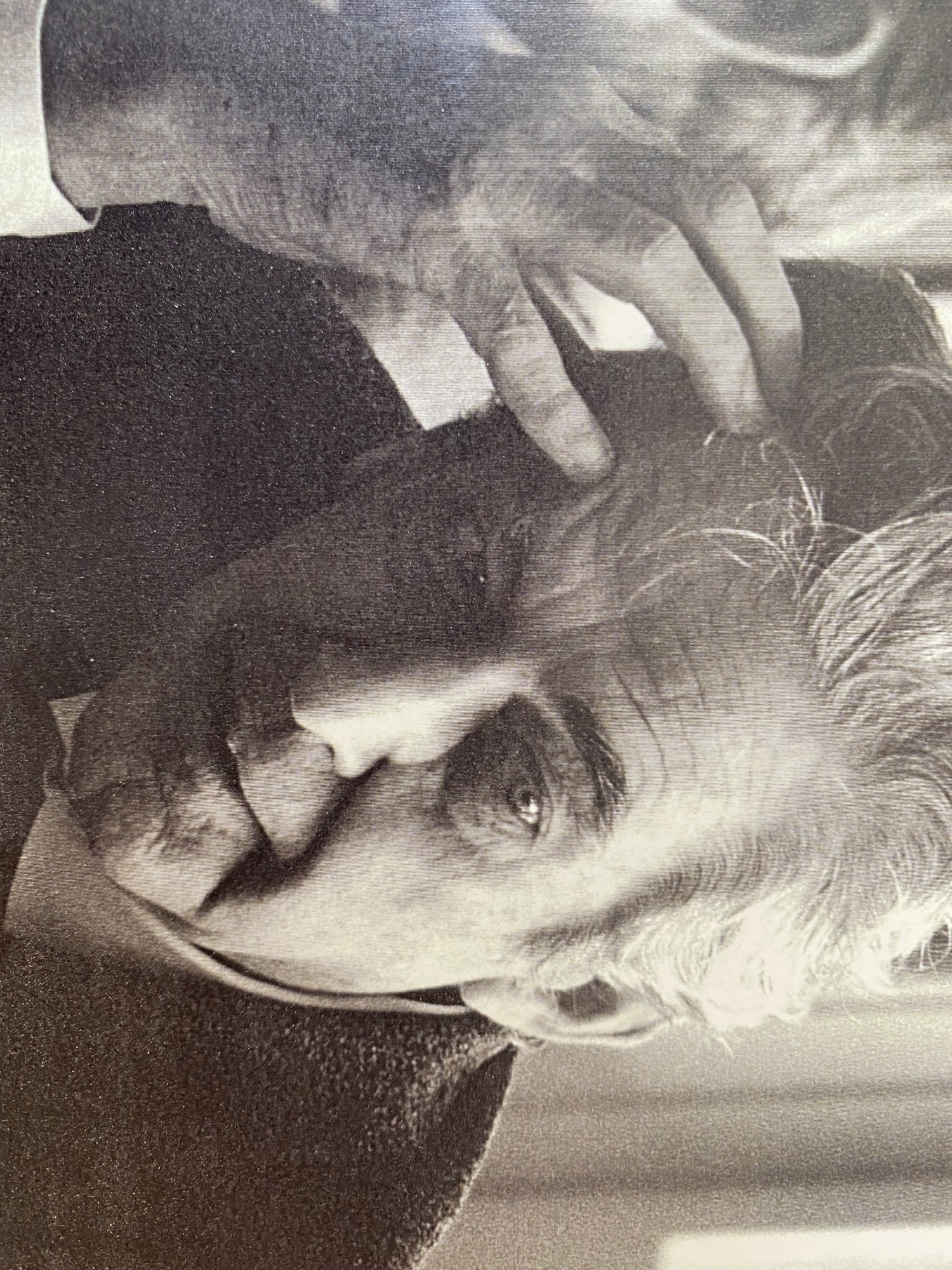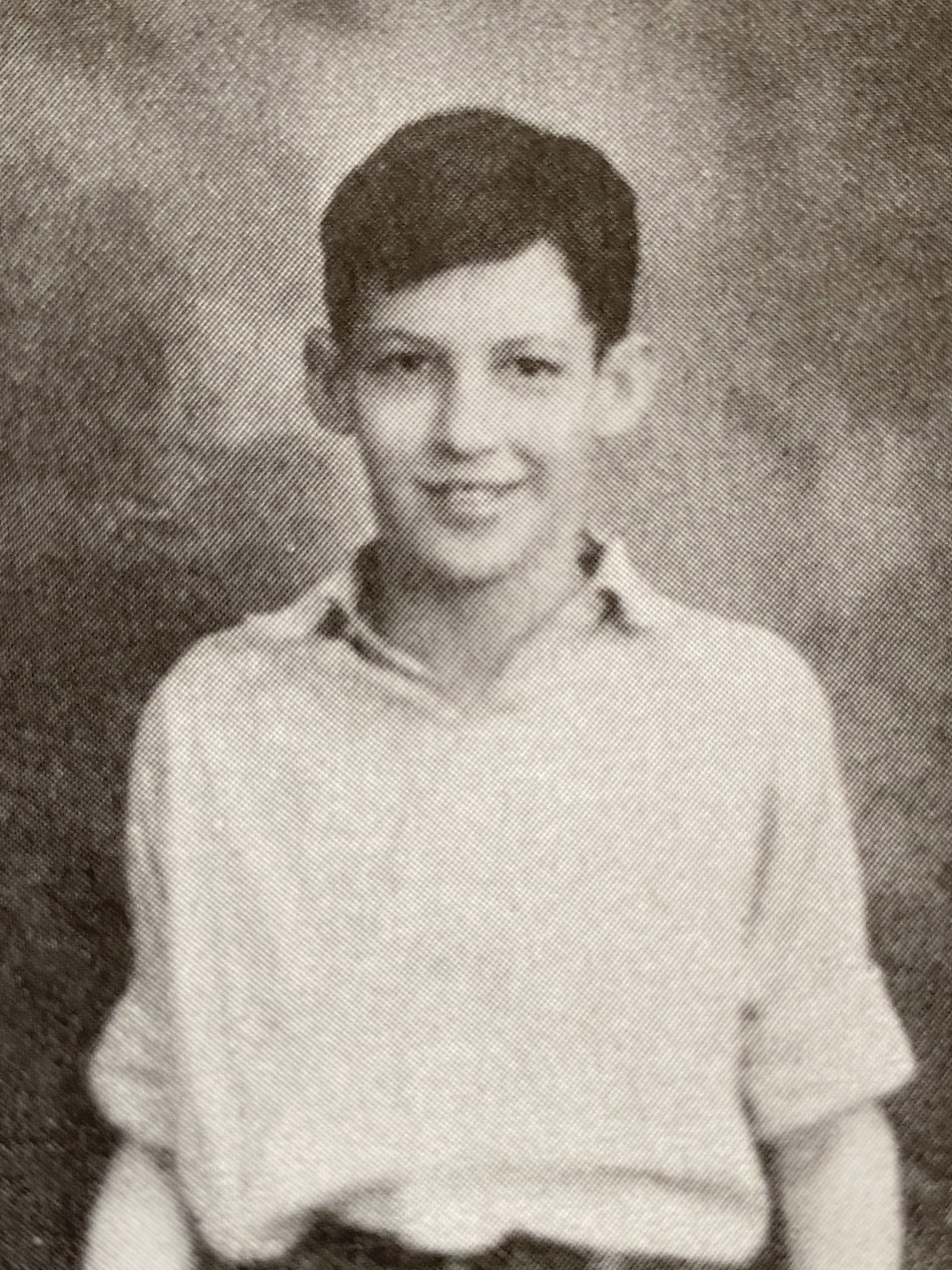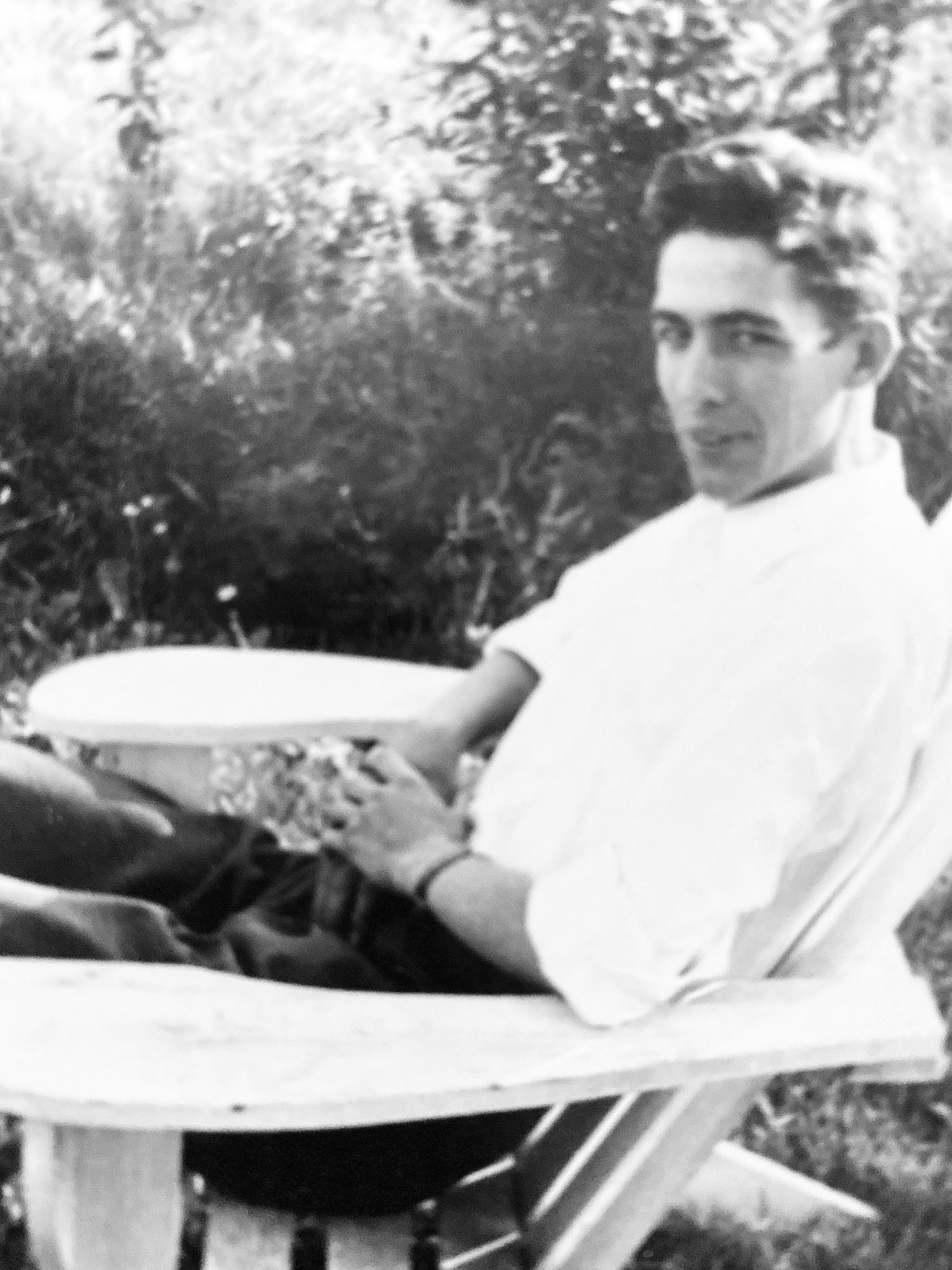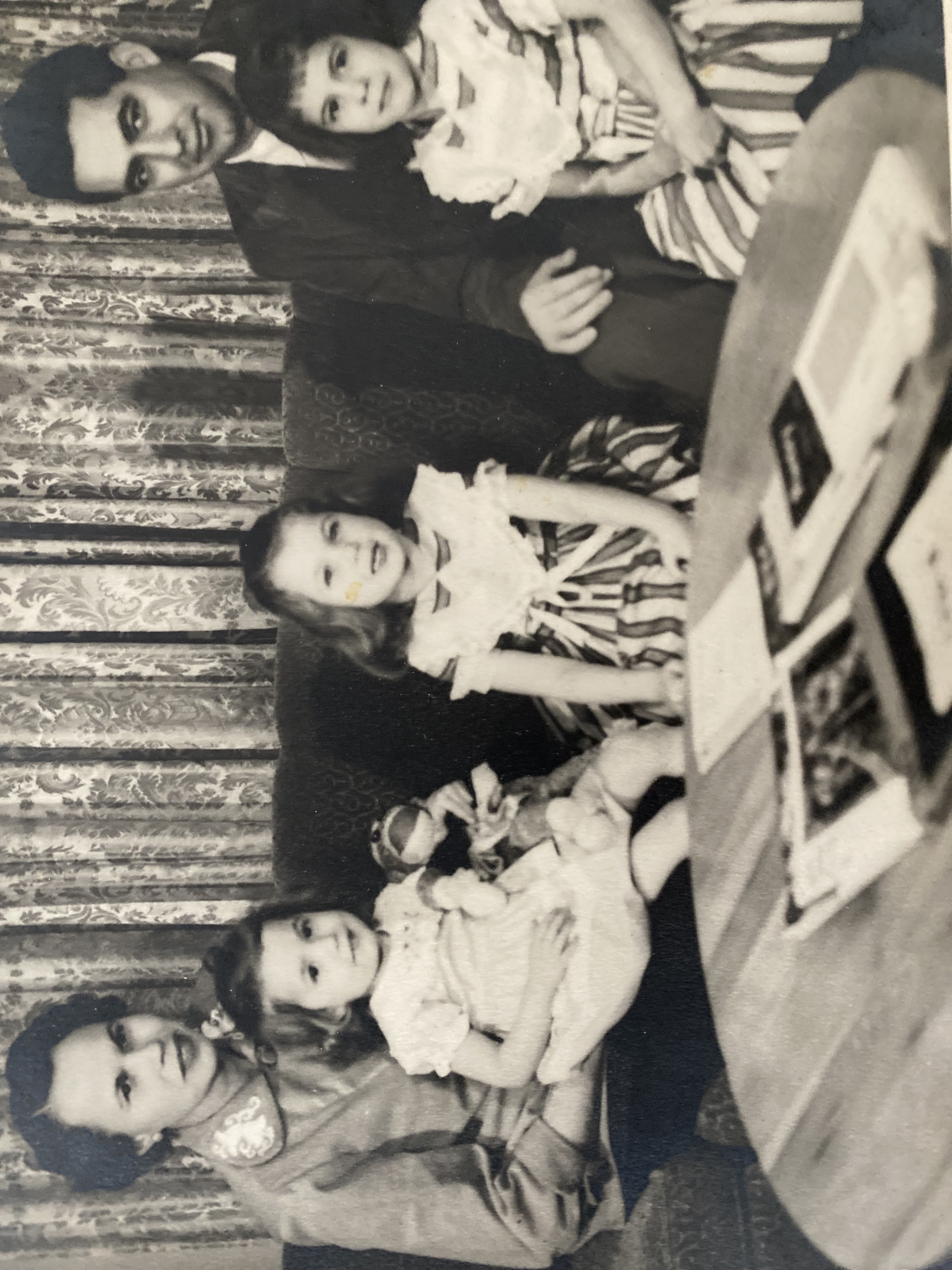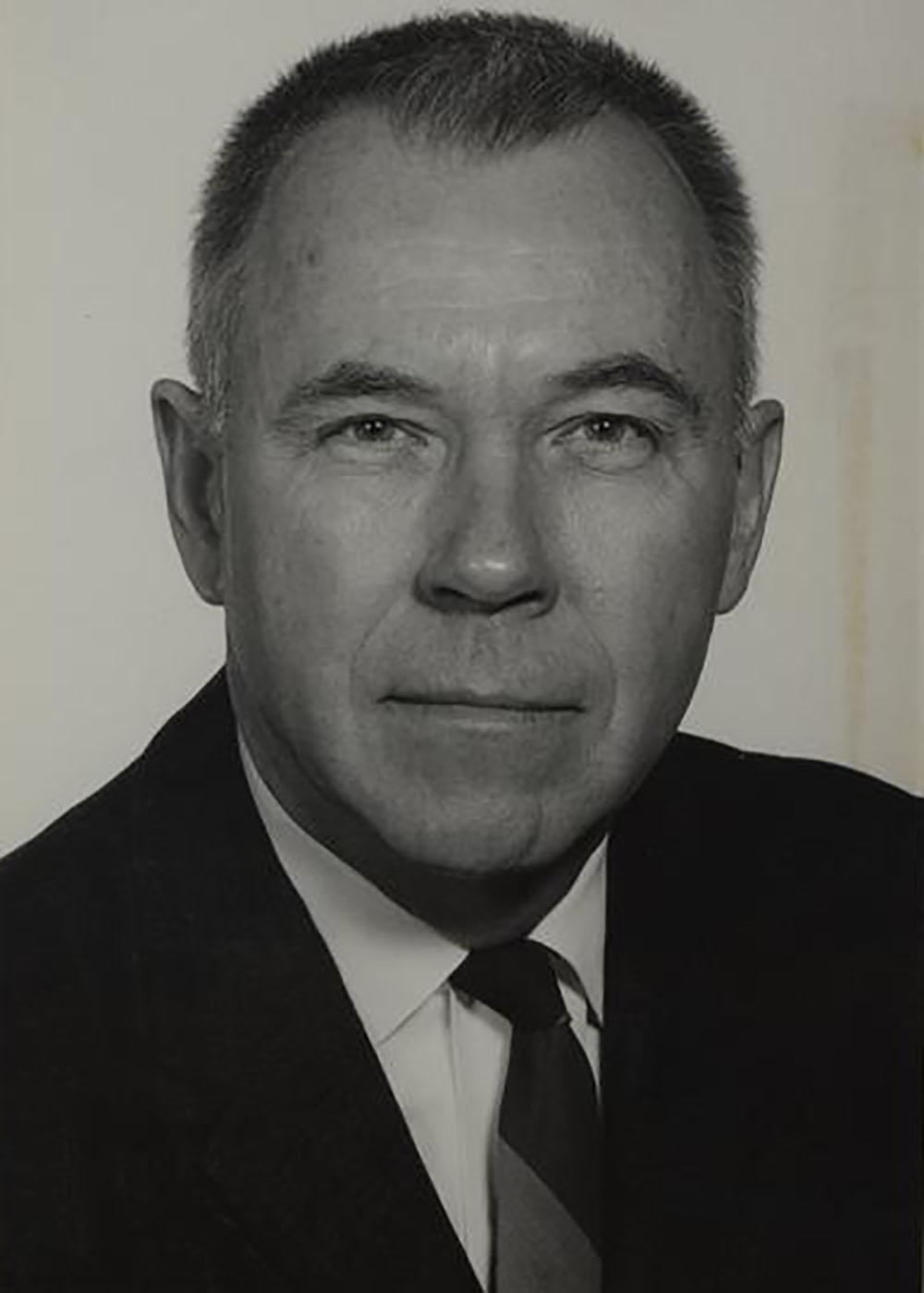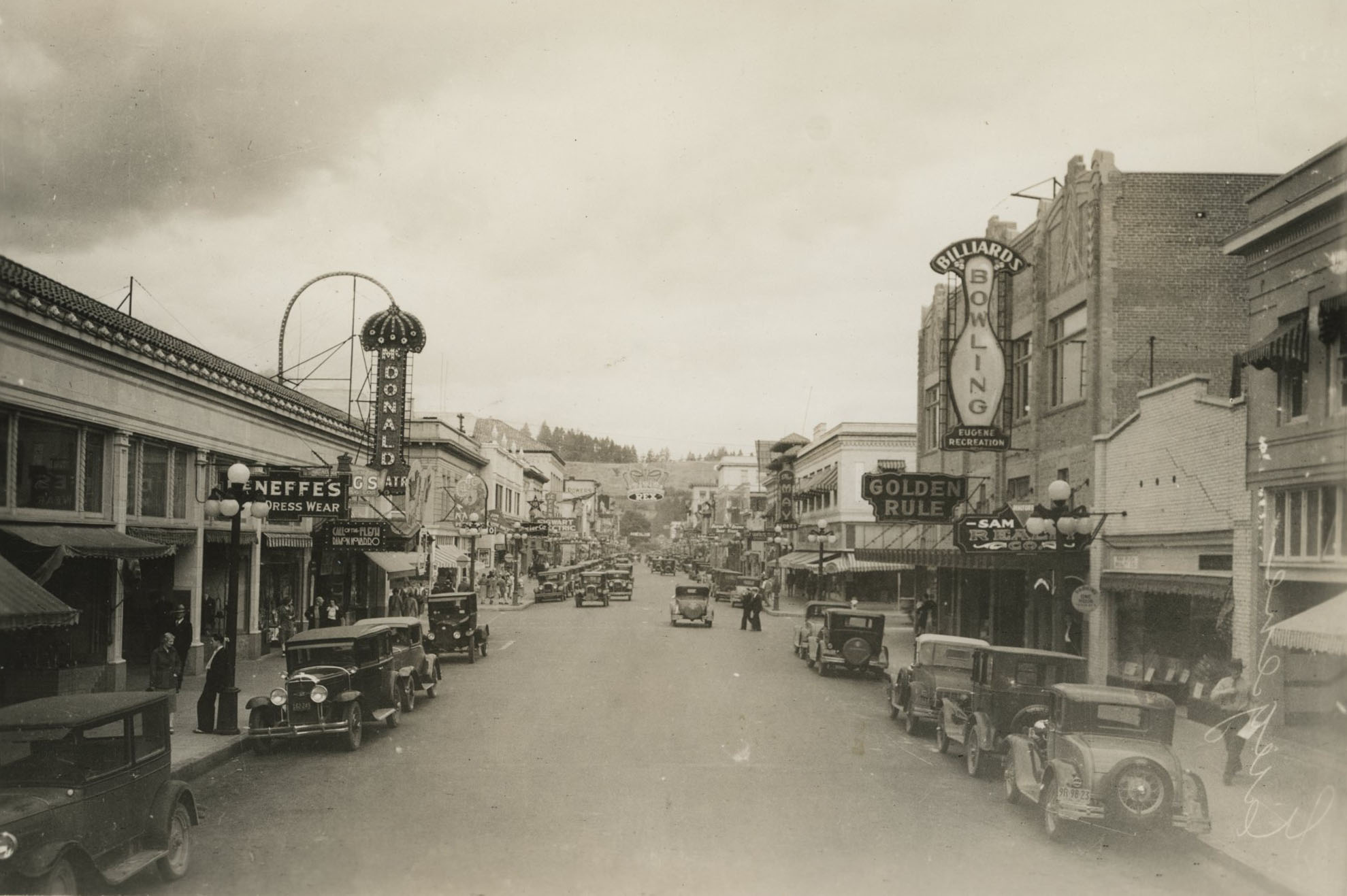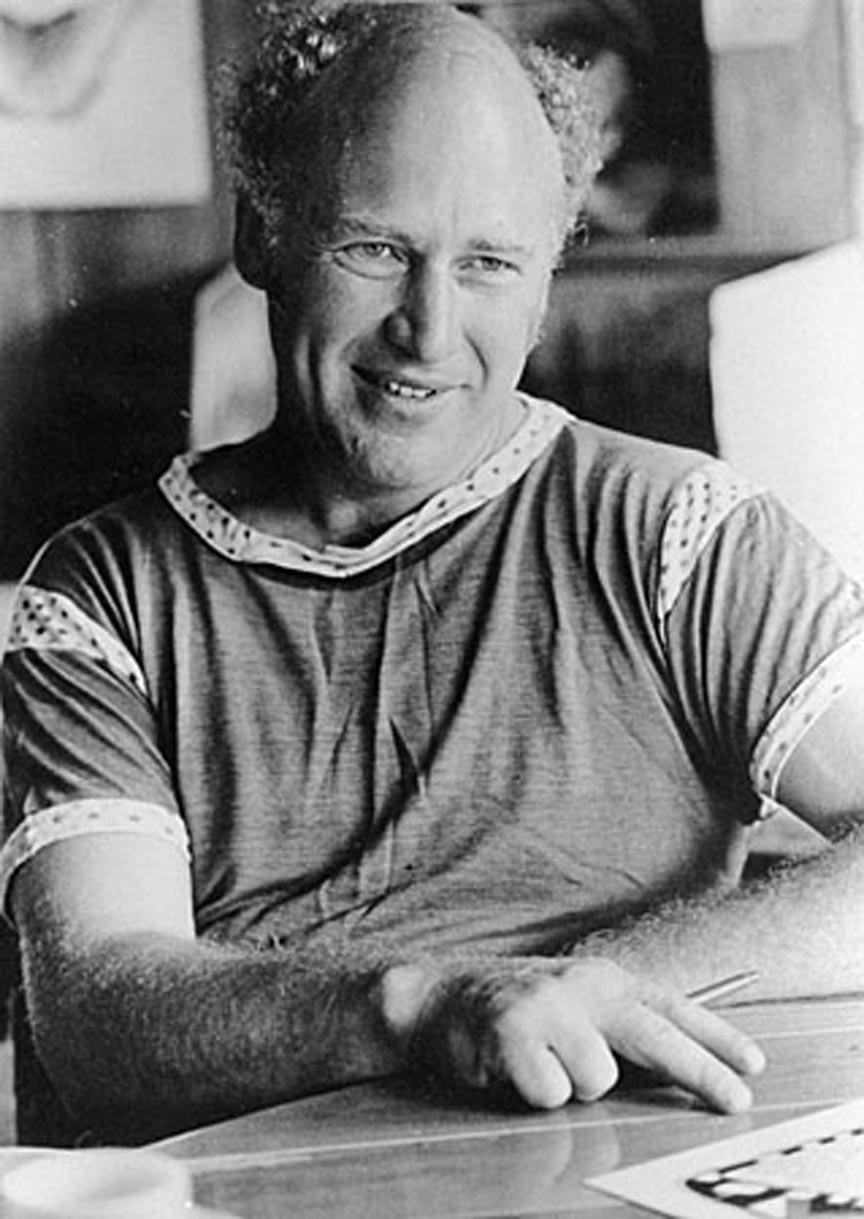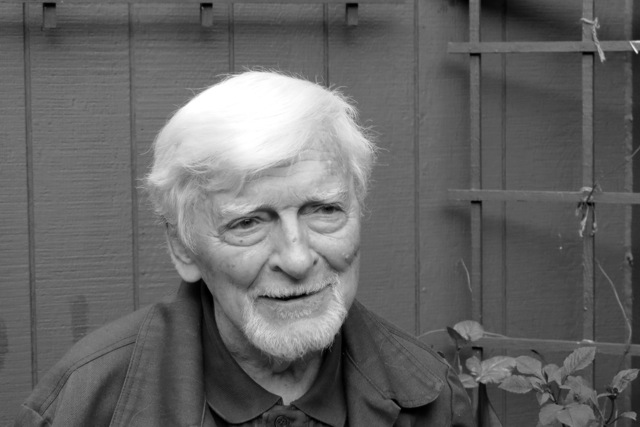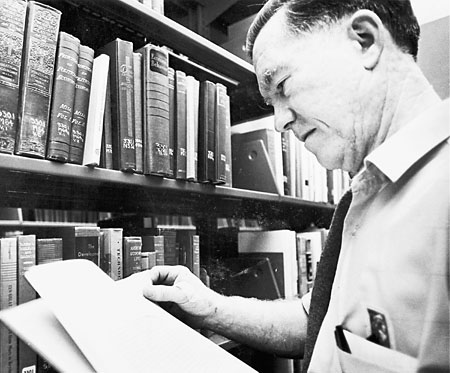James B. Hall, founder of the creative writing program at the University of Oregon, was “one of America’s most anthologized short story writers,” according to the Encyclopedia of Short Fiction. He published more than fifty stories, many of them reprinted in anthologies such as Prize Stories of 1951: The O’Henry Awards and New Directions: An International Anthology of Prose & Poetry (1953–1992). Hall, who taught writing for more than sixty years, was a founder of Northwest Review, which is still in publication.
James Byron Hall was born on his family’s farm in Midland, Ohio, on July 21, 1918. A voracious reader as a child, he “read late into the early morning for the action, the heraldry, and ‘the way it came out.’” He acquired an ear for the rhetoric of small towns, which is evident in his short stories and novels, and his home was a place where he was exposed to “high-talk, musical, free-wheeling, highly emotional, fully argumentative, and possibly Bohemian” conversation, resulting in his use of high and low talk and linguistic wit.
Hall attended Miami University in Ohio (1937) and the University of Hawaii (1938). In May 1939, he applied to flight school in Hawaii, hoping to learn to fly for fun but was not accepted because he was colorblind. He joined the Merchant Marine in 1940, and in 1941 he was drafted into the U.S. Army infantry. After the attack on Pearl Harbor, he was assigned to sea duty on the East and West Coasts before serving in North Africa and Europe until 1946.
After the war, Hall enrolled at the University of Iowa, where he received degrees in imaginative writing, literary history, and criticism—a bachelor’s degree in 1947, a master’s degree in 1948, and a doctorate in 1953. At Iowa, he was part of a group of writers that included poet William Stafford who had been drawn to the Writers’ Workshop to study under Paul Engel, Robert Lowell, Robert Penn Warren, and Dylan Thomas.
Hall married Elizabeth “Beth” Cushman in 1946; they would have five children. Beth Hall had applied to the University of Iowa Ph.D. program in literature and journalism, but she was not accepted because she would have taken a spot from a returning veteran. She wrote for the Miami University school newspaper and the Iowa City Press-Citizen and submitted her husband’s first story for publication.
After teaching at Cornell University and inspired by his experience at Iowa, Hall accepted a position at the University of Oregon in 1954 to launch a creative writing program–one of the first in the country. John Haislip, Ralph Salisbury, and Albert Kitzhaber joined the faculty. Hall co-founded the literary magazine Northwest Review, and his writing program attracted students such as Ken Kesey and Barry Lopez. He left Oregon in 1965 to join the English Department and direct the Writing Center at the University of California, Irvine. In 1968, he was named founding provost of the University of Santa Cruz College of the Arts (now Porter College). He retired in 1983 and moved back to Eugene.
Hall published two volumes of poetry—The Hunt Within (1973) and Bereavements (1991). His poems focus on people, and his verse is marked by vivid imagery such as the “voice of her cane/Thumping across the porch floor to fetch him” and “Shortly past midnight Stafford left the party/Their questions not answered, but the poetry read,” depicting an evening with the poet. “If James B. Hall weren’t so well known as the author of stunning stories,” poet Carolyn Kizer said, “his reputation could be secured by his poetry alone.” Hall’s prose style is reminiscent of his poetry in four novels he wrote while in Eugene—Not by the Door (1954), TNT for Two (1956), Racers to the Sun (1962), and Mayo Sergeant (1967). Their common theme is the reactions of characters facing competition.
But Hall’s most significant work were four collections of short stories, including Us He Devours (1964), that demonstrate complexity, control, vivid scenes, and symbolic action. He presents human experiences in a way that compels readers to empathize with the characters.
Hall published The Art and Craft of the Short Story in 1995 and edited anthologies of short fiction and essays on modern culture and the arts. With former students Bill Hotchkiss and Judith Shears, he edited Jack London’s John Barleycorn: Alcoholic Memoirs and Perspectives on William Everson.
Hall was a founder of the Association of Writers and Writing and its president in 1975–1976. He was writer-in-residence at the University of Miami; University of North Carolina, Greensville; University of British Columbia, Vancouver; University of Colorado, Boulder; and Reed College. He received Guggenheim and Institute of Creative Arts fellowships, Rockefeller Foundation and Yaddo grants, and the Thanet Short Fiction, Balch Fiction, and Oregon Poetry prizes.
James Hall died in Portland on February 28, 2008.
-
![]()
J.B. Hall on dust jacket of first novel, Not by the Door (1954), taken in Eugene.
Courtesy Hall family.
-
![]()
Hall in familiar pose of contemplation, around age 79.
Courtesy Hall family.
-
![]()
James Hall, age 12, on Ohio family farm.
Courtesy Hall family.
-
![]()
James Hall, undergraduate at Miami University.
Courtesy Hall family.
-
![]()
James and Elizabeth Hall with three oldest daughters, Eugene, 1955.
Courtesy Hall family.
Related Entries
-
![Albert R. Kitzhaber (1915-2006)]()
Albert R. Kitzhaber (1915-2006)
If you learned anything about writing in school, you may have Universit…
-
![Eugene]()
Eugene
Eugene is a metropolitan center at the head of the Willamette Valley, a…
-
![Ken Kesey (1935-2001)]()
Ken Kesey (1935-2001)
A farm boy from the Willamette Valley, Ken Kesey brought an earthy, ind…
-
![Ralph James Salisbury (1926-2017)]()
Ralph James Salisbury (1926-2017)
Ralph James Salisbury was an Oregon poet, author, editor, and teacher. …
-
![William Stafford (1914-1993)]()
William Stafford (1914-1993)
William Stafford, one of America’s most widely read poets, was born in …
Map This on the Oregon History WayFinder
The Oregon History Wayfinder is an interactive map that identifies significant places, people, and events in Oregon history.
Further Reading
Hall, James B. The Art and Craft of the Short Story. Murphy, Ore.: Castle Peak Editions, 1995.
-----. Contemporary Authors: Autobiographical Series. Vol. 12. Detroit, MI: Gale Research, Inc., 1990.
------, ed. The Realm of Fiction: 61 Short Stories. New York: McGraw-Hill Book Co., 1965.
Hall, James B., and Joseph Langland. The Short Story. New York: The Macmillan Co., 1956.



